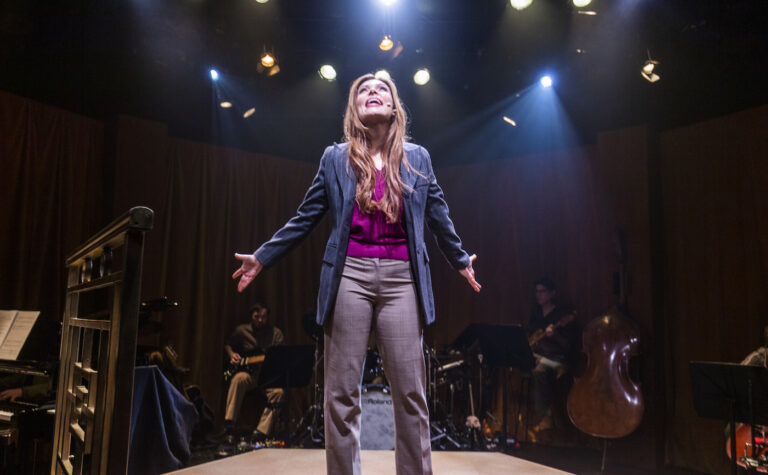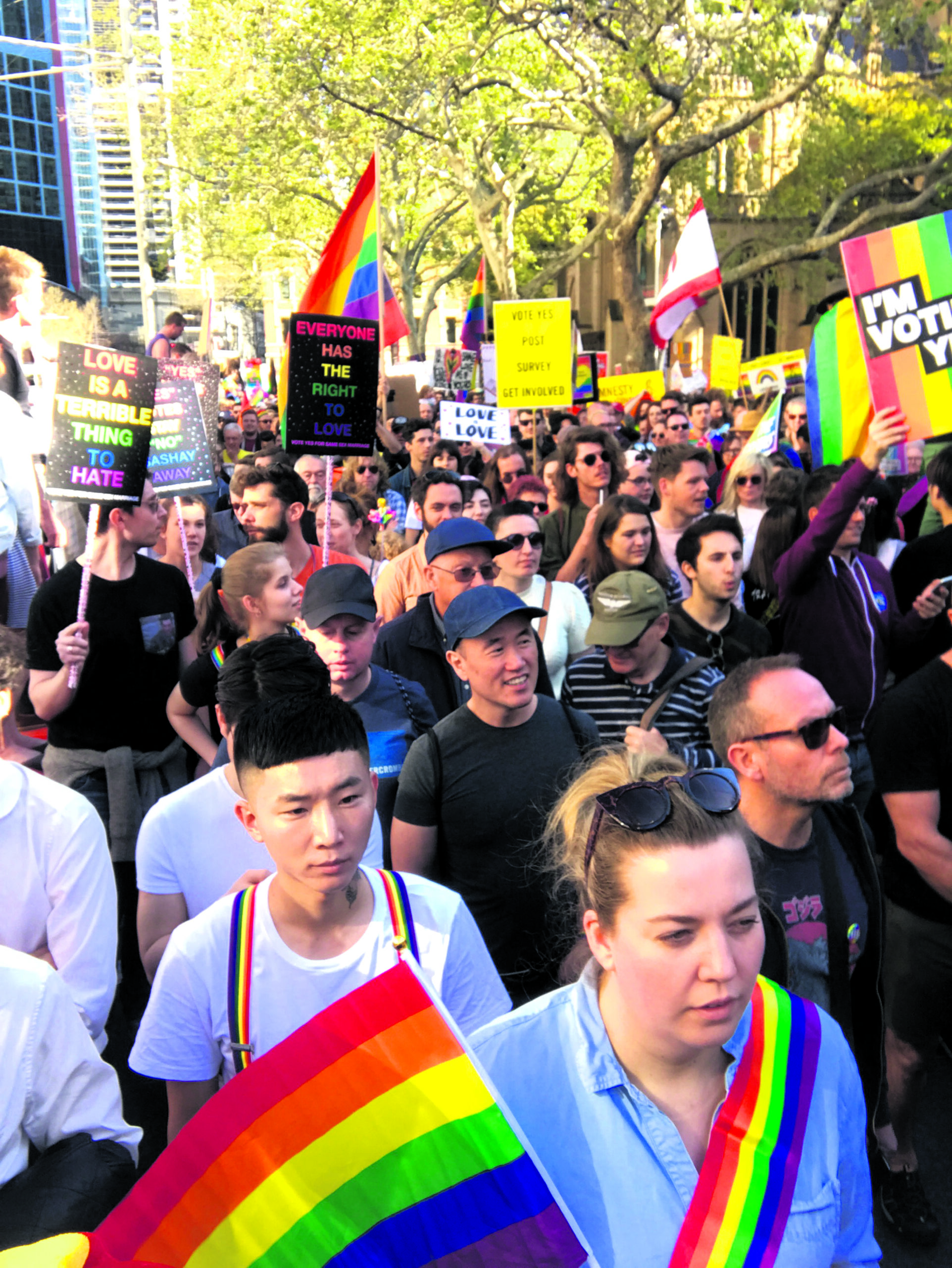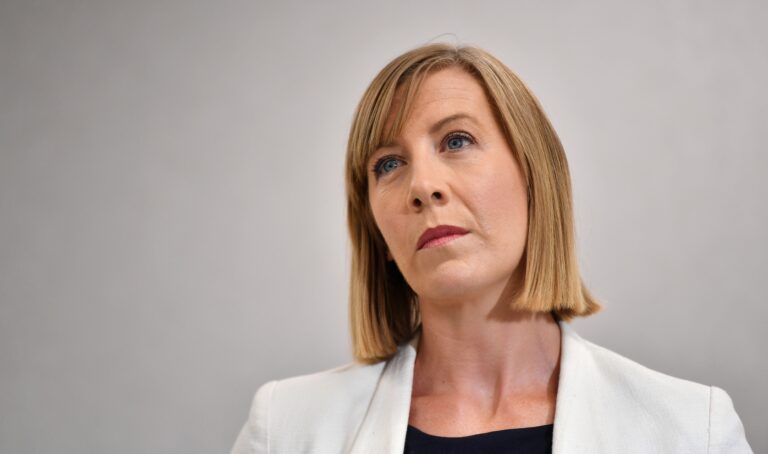
Anti-gay marriage campaigns bypass fair debate

BY GEORGIA CLARK
It could be a potentially unifying moment, but the postal plebiscite on gay marriage has divided the nation, as far-right wing anti-gay marriage campaigns spark uproar. Critics argue that their campaigns transgress fair debate and risk misleading the public.
With campaigning escalating amidst the High Court ruling last week upholding the validity of the postal vote, the Federal Government and Opposition are moving quickly to pass anti-vilification and deceptive conduct laws in the hopes of insulating the debate.
Whilst the $122 million postal vote was deemed last week to be legally valid, opponents of gay marriage escalated their campaigning despite already rolling out a number of controversial advertisements. Prime Minister Malcolm Turnbull’s calls for respectful debate were all but ignored, as provocative billboards were plastered around the nation depicting gay couples as the perpetrators of child abuse.
One poster purported that 92% of children raised by gay parents are abused. But the journal in which the statistic was published has received hefty criticism for its lax peer-review process. Opposition leader Bill Shorten condemned the “disgusting posters” on social media, prompting concern that the debate is only stratifying voters.
But the criticism extended far beyond right-wing propaganda. Criticism was also levelled at proponents of marriage equality with Pauline Wright, head of the Law Society, coming under scrutiny for her endorsement of marriage equality. Ms Wright stood headstrong amidst calls for the Law Society to withdraw its endorsement of marriage equality. Nicholas Stewart, partner at Dowson Turco Lawyers says that he was horrified at the criticism received by Ms Wright and that much of the public discourse against marriage equality is merely a red herring for the real issues at stake.
“I have seen copies of pamphlets circulated to the LGBTI community and I have seen rainbow horses purporting to carry issues of gender fluidity and safe schools. A lot of the “No” campaign’s communications are offensive and designed to distract Australians from the marriage equality issue. If there was a “fair” debate (and I say there is nothing to debate) then it should be based on universal human rights law,” he said.
One of the advertisements, unveiled last month by the Coalition for Marriage, sparked a backlash, as supporters of gay marriage argue that the ad was both irrelevant and untrue. The video of three women vocalising their opposition to marriage equality suggested that amendments to the Marriage Act could result in radical gender programs within schools. The Equality Campaign said the latest TV advertisement by the Coalition for Marriage is dishonest and simply aims to divide Australians.
“The people behind this ad know that Australians believe everyone should have the same opportunity to marry, so they are deliberately resorting to misleading people,” said Tiernan Brady, Executive Director, The Equality Campaign.
According to Mr Stewart, the postal plebiscite was already fraught with problems and bound to cause disrespectful campaigning within the community.
“This matter should never have been put to the people. We live in a representative democracy where members of parliament are elected to vote on behalf of constituents. The High Court held several years ago that marriage equality was a matter for the Federal Parliament and permissible under the Australia Constitution. Secondly, from a human rights law point of view, free speech is not superior to other human rights, including the right to be free from harassment, the right to self-determination and equality under the law. Marriage equality is a human right and human rights should not be debated. Marriage equality has nothing to do with “gender fluidity” or safe schools. Marriage equality is about giving the gay community the right to marry their spouse.
Although the Anti-Discrimination Act provides some degree of protection for vilification and discrimination, Mr Wright says that the recent campaign against gay marriage indicates that greater protections are required to insulate the LGBTI community against discrimination and untrue campaigns.
“The LGBTI community should be better protected from hate speech because hate speech is damaging to people’s mental health. In NSW, the homosexual vilification provisions of the Anti-Discrimination Act 1977 are enforceable but are drafted in a way that vilification complainants have to satisfy a court that the vilifying act is not “a public act, done reasonably and in good faith, for academic, artistic, religious instruction, scientific or research purposes or for other purposes in the public interest, including discussion or debate about and expositions of any act or matter”. Unfortunately, that hurdle is very high,” he said.
With the anti-vilification safeguards that normally safeguard elections barred from applying in the postal vote, Parliament is moving quickly to introduce the same protective laws. After last week’s High Court judgment validated the fraught postal vote, the intensification of campaigning is braced to have significant repercussions on the outcome of the plebiscite, which is due to roll-out this week.









